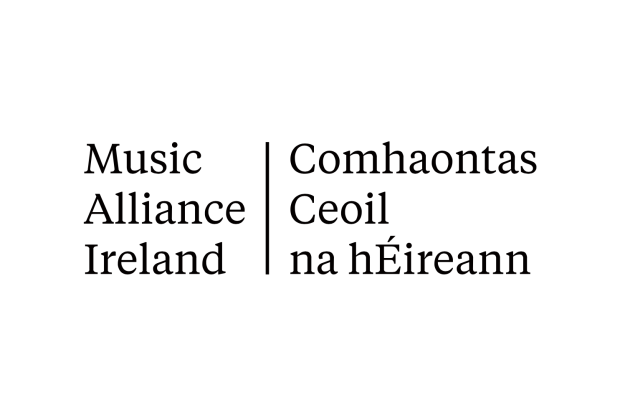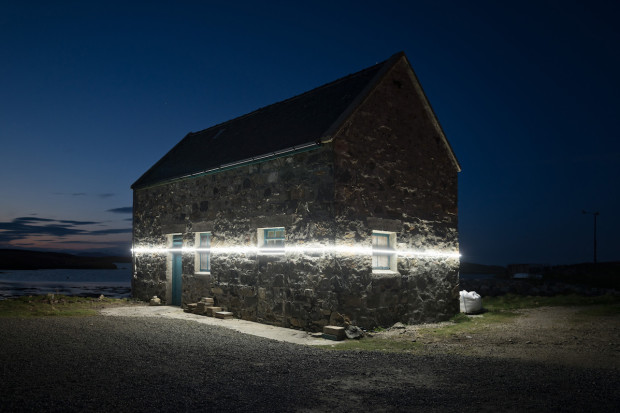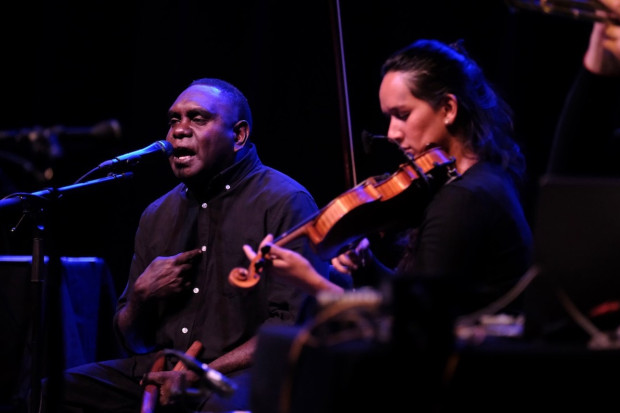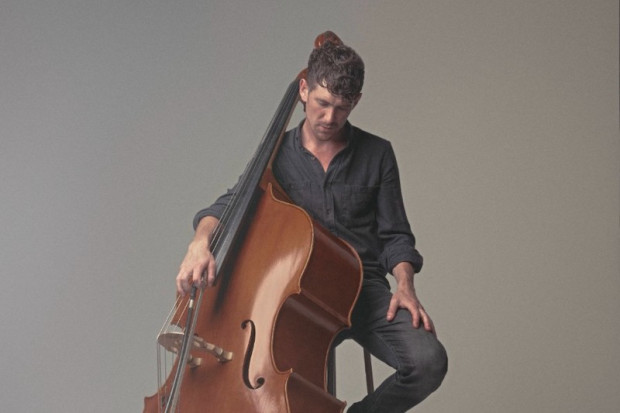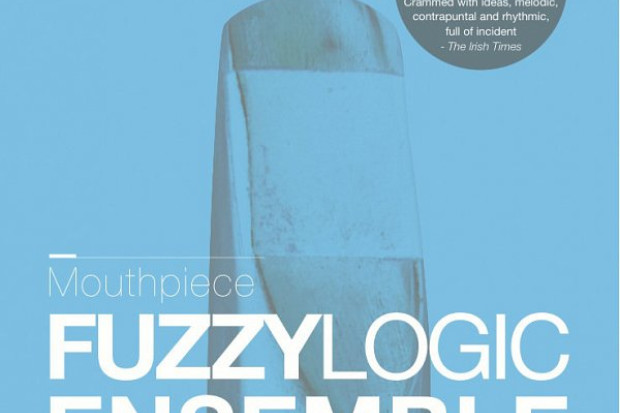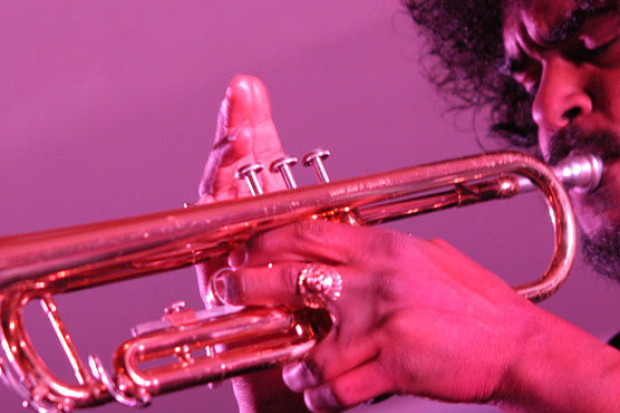
'Changing' by artist Alisa Singer – the image used on the cover of IPCC report
'We don't have the luxury of not thinking about it anymore': What Musicians Can Do in the Climate Crisis
The IPCC (Intergovernmental Panel on Climate Change) report published this week (9 August) has been described as a ‘red alert’ for humanity. It says the evidence for climate change, and humans’ activity being responsible for it, is now unequivocal, and that the results, such as continued sea level rise, are already irreversible. Unless there are ‘immediate, rapid and large-scale’ reductions in greenhouse gas emissions, limiting warming to 1.5°C or even 2°C will be beyond reach. The impact on humans across the globe, from Ireland to New Zealand, will be catastrophic.
Since the last IPCC report in 2018, which said at the time that we had 12 years to limit climate catastrophe, a number of musicians and composers have produced substantial works engaging with the issue. In light of the new report this week, the Journal of Music spoke to three artists to hear their perspective on the ongoing crisis – and how musicians can respond.
One less place
‘It’s obviously extremely depressing,’ says composer Sebastian Adams, who last year with his group Kirkos Ensemble produced a major series of ‘outdoor encounters’ in Dublin titled Biosphere. The series was inspired by the challenge of the climate crisis and featured radical work by Adams, Seán Clancy, Jennifer Walshe and Tom Lane.
Adams’ work was titled Tide Quartet and began with the quartet playing on dry land at Blackrock Baths and continued until the incoming tide reached the performers’ necks. It was a powerful piece that highlighted the alarming danger of the crisis. The issue has continued to influence the composer.
In the last year it’s become very clear to me that we have passed the point where if big business wakes up we could stop it from happening, and moved into the point where already huge harm has been done…. How long can corporate interests and lobby groups hang on? … My main feeling was, I suppose, a little bit of hopelessness because I can imagine that they’re still going to be slow to change.
Adams sees a clear role for musicians and composers, however, even though the challenge is at times paralysing because of the difficult decisions you have to make about travel.
If you care about this issue we need to be bombarding society with it through every avenue we can, and that’s what is important in the arts. Even if the impact we have is small, making sure there’s one place less that you can go and not be thinking about this. We don’t have the luxury of not thinking about it anymore. And we probably never did.
Crann
Earlier this year, saxophonist and composer Nick Roth premiered his work Crann, a film work featuring a setting of Richard Berengarten’s poem Tree for three female voices, and including the making and burning of a currach (a traditional Irish boat). It’s a ritualistic work, as Adrian Smith wrote in his Journal of Music review:
By drawing on ritual, Crann connects our contemporary world to a mythic past and a sense of epic time stretching back centuries where nature and people had a closer, interdependent and ultimately more harmonious relationship. In this way, it constitutes a deeper and more powerful reflection on our current predicament and throws our fractious relationship with our natural surroundings into even sharper focus.
The work was actually screened at the Medellín International Festival of Poetry in Colombia on the day the IPCC report was published this week, and Roth was asked a simple question in an online discussion afterwards: Can artists’ work have a real and tangible impact on stopping the destruction of the environment? Speaking to the Journal of Music, he recalled his reply:
Crann was the third piece that I’ve written that actually has the planting of a tree written into the score. One of the freedoms available to contemporary artists right now in 2021 is that we’re able to mix media and performance instruction… Things have been blown wide open in the past one hundred years, particularly in contemporary music, and there’s a long tradition … of actually having action pieces…
I was able to say yes absolutely because [we’ve] put a tree in the ground. No matter what else happens… [for example] other kinds of intangible benefits of changing peoples’ consciousness… at the end of the day there’s a tree in the ground, and, as an added benefit, because that tree was such a fucking pain in the ass to plant, because it either required an orchestra or a ten-week children’s ensemble programme, or the shooting of an entire film which also includes the making and burning of a currachán… because there’s so much apparatus which is the body of the composition, that action itself means that that tree has a slightly better chance of survival … and that is because the people that are involved with that piece have developed a personal relationship with the tree. It has a direct and tangible meaning for them and their lives. It’s something they did.
This sense of ritual through music and the arts combined with practical action is where Roth believes artists can have a real impact.
That is ultimately what is required to stop the wholesale destruction of the forest habitat … for people to have these kinds of deep-seated relationships with the living world.
The way that people live now is so divorced from that because we move around all the time… you don’t have access to a garden, we’re so cut off from that scale of ecological time where trees take hundreds of years to grow. You’re not leaving trees for your children to climb on anymore. But historically people have done that and the world climatically was in a much more stable position.
12 Years
In 2019, English pianist and composer Sarah Nicolls performed her work 12 Years in Galway. The work was influenced by the previous IPCC report saying we had 12 years left to take action, but the new report changes things:
It feels alarming maths-wise, because technically there should now be nine years left, whereas actually [the new IPCC report] seems to be saying … [there is] five and a half years of carbon budget left, so somehow we’ve lost a few years… it’s exponential… it’s completely alarming…
12 Years is a piece written for her own creation, the ‘inside-out piano’, and includes segments of speeches by Greta Thunberg. Nicolls was heartened by the response to the piece when she performed it in Ireland and the UK, with audiences saying they felt more empowered to do something after hearing it. She believes that, ultimately, music can play an influential role because of its ability to bring people together.
For music performances people come together, and they have to spend a certain amount of time there. I think it’s that simple. … I certainly don’t think that all musicians have to do this or have to do that. For me, it’s putting [the issue] in … front of an audience, and saying: What do you think?
For more information on the IPCC report, visit https://www.ipcc.ch/












